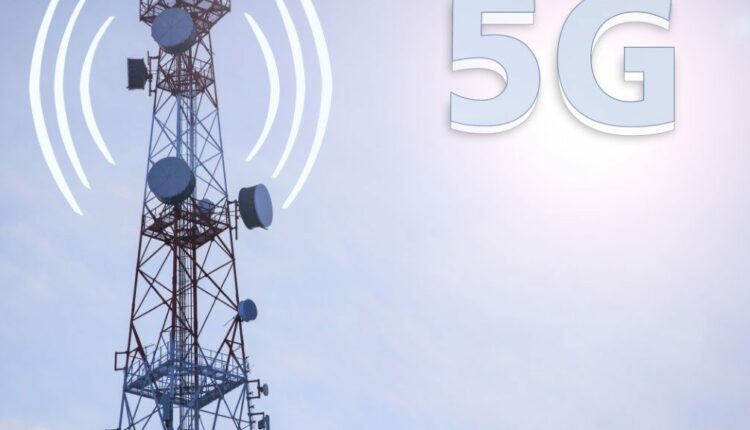LAGOS – Global organization unifying the mobile ecosystem to discover, develop, and deliver innovation, GSMA, in its recent report titled “The Mobile Economy Sub-Saharan Africa 2023”, revealed that 5G technology is expected to benefit the Sub-Saharan African economy by $11 billion in 2030.
With 297 operators in markets around the world launching mobile 5G services as of September 2023, the momentum for 5G continues to grow in Sub-Saharan Africa.As of September 2023, 27 operators in 16 African markets have reportedly launched commercial mobile 5G services in the region, while several others have plans for a 5G launch.
GSMA report reveals that 5G will account for more than 6% of the overall economic impact of mobile connections in sub-Saharan Africa, as much of the technology benefit will materialize over the period to 2030, as some countries are in the early stages of deployment and 5G economic benefits will increase as the technology starts to achieve scale and widespread adoption.
In recent years, while the adoption of 4G technology has accelerated in Africa partly driven by the growing demand for faster speed among younger consumers, the 5G technology is also growing momentum with deployment in urban areas and industrial locations where there is a greater need for the technology.
5G adoption is expected to grow more quickly in the second half of this decade, rising to 17% by 2030. Sub-Saharan Africa will have 226 million 5G connections in 2030, equivalent to an adoption rate of 17%.
Nigeria and South Africa will account for almost half of these connections. However, the growth of 5G in the region will be slow but steady, as a larger share of the customer base will continue to migrate to 4G.
As a result of extensive 4G network buildout and growing 5G network deployments in Sub-Saharan Africa, capex will be on an upward trajectory over the next few years.
This will begin to trend downwards closer to 2030 as operators turn their focus to generating returns on investment. The focus over the next few years will be on extending coverage, along with network upgrades. At the same time, operators will be ramping up investments to support the growing momentum behind 5G.
Governments and enterprises in the African region are reportedly utilizing the technology to tackle the biggest challenges faced, and it has been poised to be a key player in this role.
5G is expected to benefit most sectors of the Sub-Saharan African economy, depending on their ability to incorporate 5G use cases in their business. Over the period to 2030, 32% of the benefits are expected to come from the manufacturing sector, driven by applications such as smart factories, smart cities, and smart grids, and 29% from the services sector.
Meanwhile, despite the growing momentum, the approach to 5G in the region will need to account for the current connectivity landscape and unique market features that could affect the rollout and adoption of the technology.
Hence, the region’s 5G network ecosystem players must find ways to deliver cost-effective and efficient 5G networks, balancing investment and value creation.
This comes at a time when 3G is the most dominant technology in Sub-Saharan Africa (accounting for 55% of total connections in 2022) while 4G is already dominant in other regions, implying network and customer readiness for the transition to 4G.
Source: Justus Adejumoh (Independent NG)


